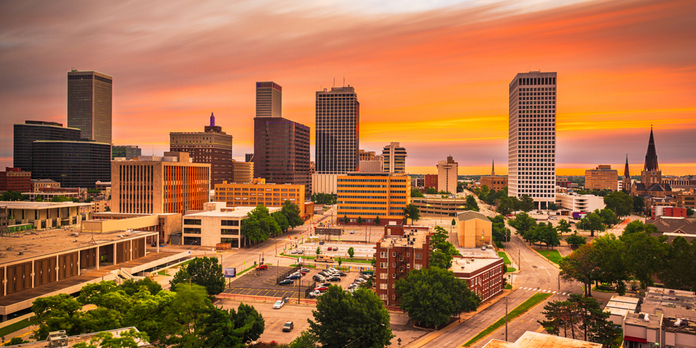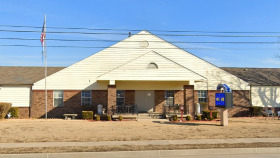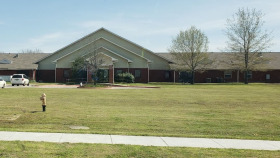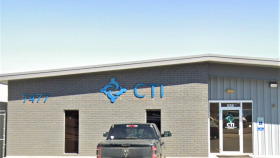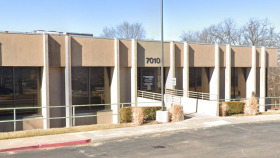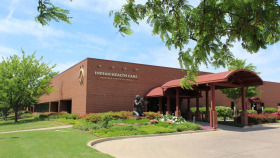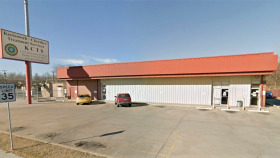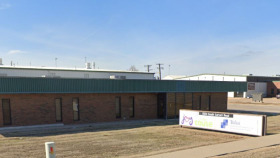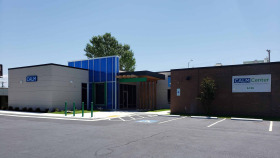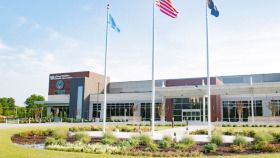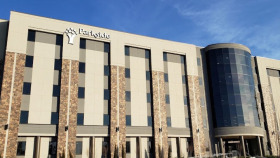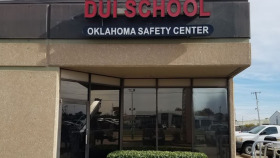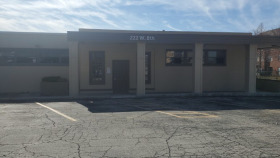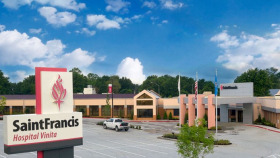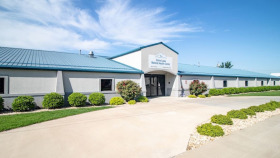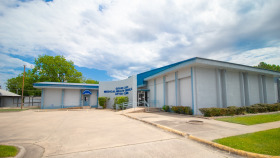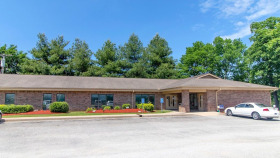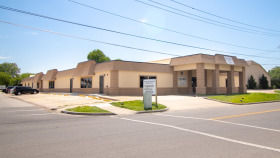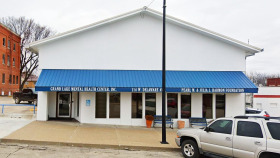Expert Insights
I recently saw a new billboard campaign in Tulsa showing the real impact of drug overdoses. Families Supporting Families have put their tragedy towards advocacy by sharing pictures of their loved ones calling for more action by law enforcement and asking, “why are drug dealers getting away with murder?” As someone who has lost friends to drug overdoses, I agree that we need to do more, but I think instead of a focus on law enforcement, shouldn’t we be focusing on providing support to family members struggling with their mental health and taking drugs? I believe that no one decides that drugs are the answer, but they are in enough pain to think drugs are the only answer. We need more treatment centers and mental health providers, not just taking drugs off the streets. We know abolition doesn’t work but trauma-informed addiction treatment does.
~ Olivia Pennelle
How Do You Pay for Addiction Treatment in Tulsa?
While most centers accept self-pay and private insurance, people with addiction don’t always have access to those resources. Fortunately, there are various programs for people of all income levels. According to SAMHSA, in the 25 miles from the Tulsa city center, there are:2
Regardless of your financial situation, there are rehab centers in or near Tulsa that offer financial support like sliding-scale payment options and scholarships for those who qualify.
Apply for a Rehab Scholarship: Rehab scholarships may be offered by programs with access to federal and SAMHSA block grants. Reach out to your desired rehab’s intake department to ask if they can offer you a rehab scholarship to pay for all or part of the cost of your recovery treatment services.
Find Sliding Scale Payment Options: A rehab that offers sliding scale payment options allow low-income participants to pay for their care based on a percentage of their income. This type of program is valuable if you have a job or other source of income, but don’t quite make enough to pay for the treatment program you need.
Choose a Program that Offers Payment Plans: Many rehabs, particularly those that are more exclusive, may offer payment plans instead of requesting the full cost of care up front. This might make affording treatment easier to accomplish. The facility might request a down payment on care, and there may be interest and administrative charges related to the payment plan.
How Does Tulsa Compare in Alcohol and Drug Use?
Tulsa is the second-largest city in Oklahoma. Situated near Oklahoma City and major interstates, Tulsa struggles with drug trafficking, illicit substance abuse, and crime. In fact, with a 418% increase in Oklahoma drug overdoses in 2022, residents are now more likely to die from an overdose than be killed by a firearm.8
If you’re looking for an alcohol or drug rehab in Tulsa, you’ll find limited facilities. However, by traveling a short distance to neighboring areas, you have a wealth of options to find the treatment services you need.
According to recent data from Tulsa County, 2019 experienced:1

The seventh highest overdose hospitalization rate in the country, with opiates leading to one in five cases.
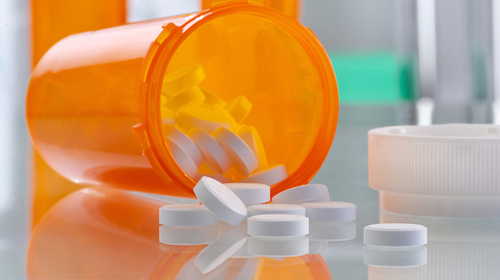
Of the various illicit substances that led to overdoses, prescription anxiety medication led to 15% of hospitalizations.
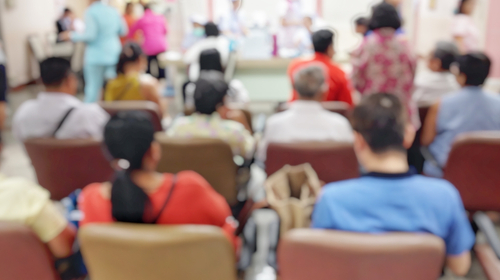
Recent data shows that 94 Oklahomans are hospitalized due to drug abuse every week.

Women are 50% more likely to be hospitalized for drug-related emergencies, and men are twice as likely to die from overdose.
Alcohol and Drug Laws in Tulsa, OK
Oklahoma has passed a variety of laws in response to the growing trend of alcohol and drug abuse.
Mental Health Parity Passes: Oklahoma’s Mental Health Parity laws require treatment centers to provide the same level of care for clients, regardless of the type of insurance or payment they use.
This prevents treatment providers from offering a lower standard of care to people utilizing Medicaid, Medicare, IHS, or other forms of federal and state-funded health care funding.5
Good Samaritan Overdose Prevention Law: Like most states, Oklahoma has a Good Samaritan law that enables bystanders in the presence of a suspected overdose to reach out to emergency responders for help.
Police officers and other first responders are equipped with Narcan to reverse a drug overdose, saving lives if they arrive in time, so they urge the public to call 911 if they suspect someone is overdosing on opiates, alcohol, or another substance.
Opiate Prescription Regulation Bills: In 2018, Oklahoma passed a series of bills, including House Bill 1446, designed to reduce the overall increase in fraudulent prescriptions and resulting opioid overdose deaths.6
The bill dictates objects such as prescribing doctors’ new need to register prescriptions into a state database electronically and include treatment notes regarding their observed and admitted opiate use into their medical files. This bill is in addition to 2013’s Reducing Prescription Drug Use in Oklahoma package that facilitates the use of Naloxone in suspected overdose cases for emergency first responders and trained family members.7
Resources
- Oklahoma State Department of Health. (2022). Tulsa County Overdose Fact Sheet.
- Substance Abuse and Mental Health Administration. (2022). Behavioral Health Services Treatment Locator.
- Assistant Secretary for Planning and Evaluation Office of Health Policy. (2021). National Survey Trends in Telehealth Use in 2021.
- National Institute on Drug Abuse. (2022). Substance Use and SUDs in LGBTQ+ Populations.
- Oklahoma State Department of Health. (2022). Naloxone.

